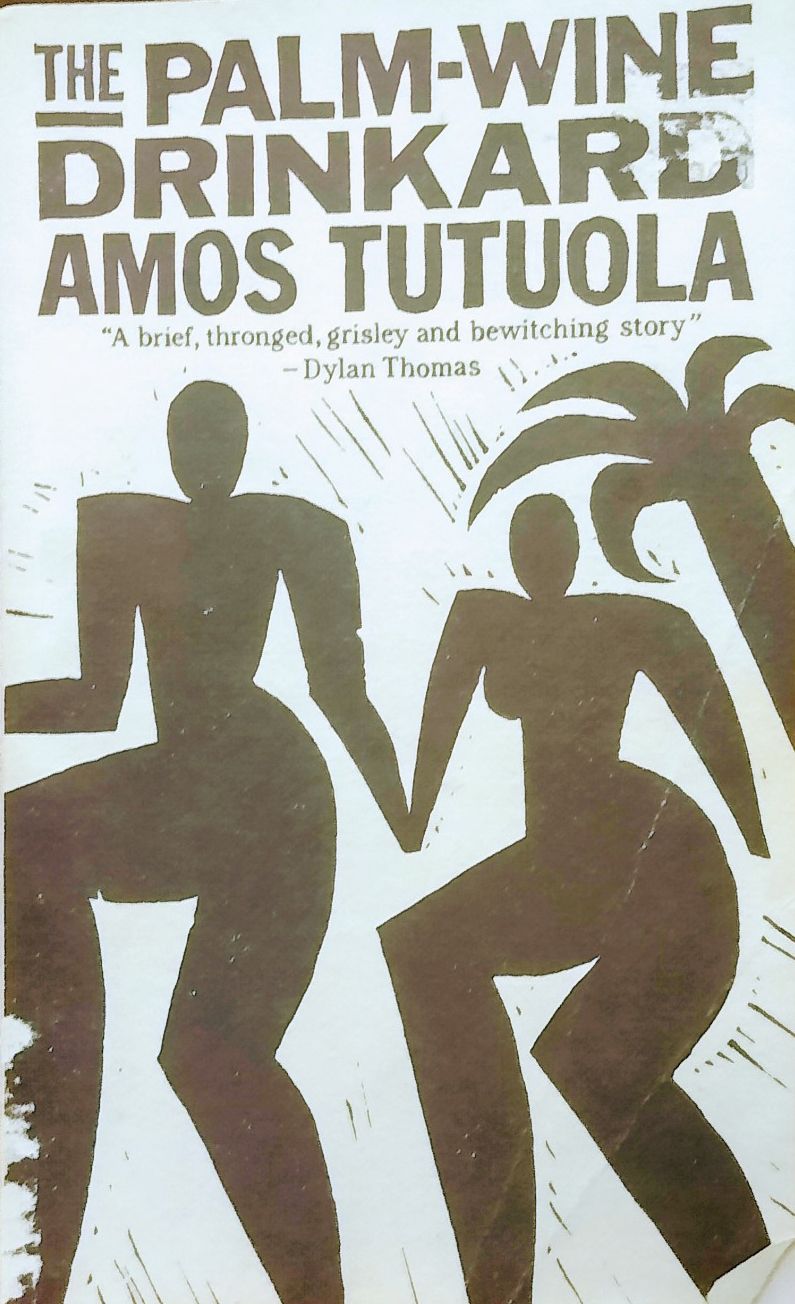I AM a technophobe. In the last two weeks the magic of the computer has done me great injustice and that is why you did not see my writings.
These things happen. Everyone has a story. In life, every person is a columnist, no doubt about it. This week, I would like to share with you the social and economic dilemmas of the ‘other’. This has for a long time been the phraseology that describes people who are not from a place that we are talking about. In Irish, you call them blow-ins, or something like that. So there can be white or black blow-ins. Let me stick to the ones I know of.
In Derry they say wans not ones but that’s ok. I have Muslim friends here in the North who never ever had a taste of alcohol before they arrived in these parts. Somehow, they got indoctrinated by the brew and they liked it. They still drink, not a problem. It is amazing how drink can change the belief systems of a mere mortal.

This narrative reminds me of that 1950s West African author, Amos Olatunosu Tutuola, a prolific Nigeria writer who was very much respected or despised for his controversial writings about life in Africa. He never felt apologetic about his ‘Palm-Wine Drinkard’ novel (right), which I found the other day in the Botanic bookshop, Self Help Africa. What a find! The opening words of the book go like this:
I was a palm-wine drinkard since I was a boy of ten years of age. I had no other work more than to drink palm-wine in my life. In those days we did not know other money, except COWRIES, so that everything was very cheap, and my father was the richest man in the town. My father got eight children and I was the eldest among them. All of them were hardworkers, but I myself was an expert palm-wine drinkard. I was drinking palm-wine from morning till night and from night till morning.
This narrative is real here in Belfast and its environs. Plenty of African men and women keep in touch with their nostalgia by remembering the essence of small drink as a cultural intuition. Some African people living here have told me their stories of what they miss about their African traditional drink.
They miss the social get-togetherness of the straw drinking party, where up to ten people congregate for this ritual. The consumption of this beer brings them together – this is what a man from the Fipa of Tanzania told me. We do have similar traditions in Kenya and we don't even mention it,. You know us as the runners, but we do make a good social interaction, solving our problems and celebrating our successes big or small through the archetypal straw.
ellyomondi@gmail.com





